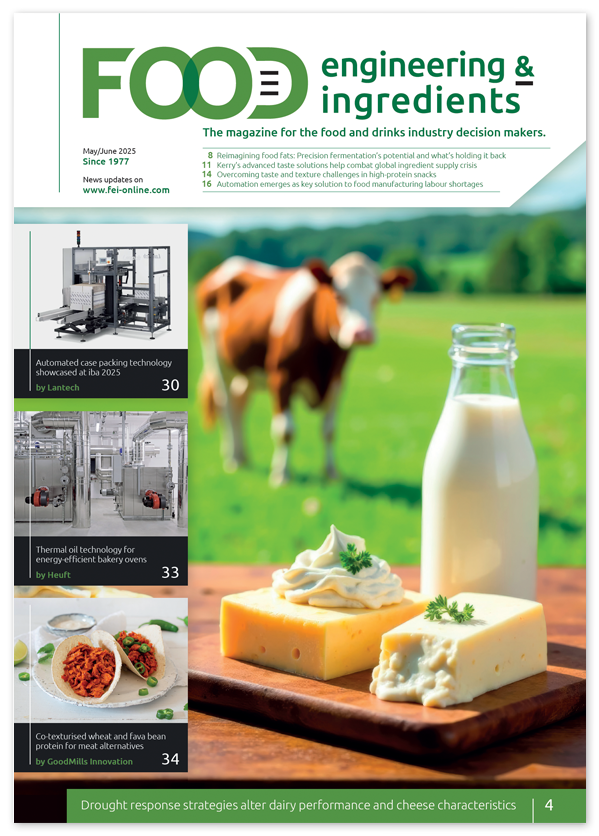Innovations in Reb M sweetener production reduce environmental impact
Ingredion, a leading global ingredient solutions provider, has revealed the results of its most comprehensive environmental life cycle assessment of stevia, a natural sweetener and sugar substitute derived from the leaves of the plant species Stevia rebaudiana. The global study was conducted to better understand the sustainability of stevia across its product life cycle compared to full-caloric options including cane sugar, beet sugar and high fructose corn syrup. It also aimed to identify opportunities to improve the environmental performance of PureCircle by Ingredion’s stevia portfolio.
Reb M or Rebaudioside M is a steviol glycoside molecule from the stevia plant found in Brazil and Paraquay and can be used as a sweetener ingredient. It has a similar taste-profile to regular sugar but is much sweeter – some 250-300 times more sweet. It doesn’t have the bitterness or aftertaste of liquorice as with other stevia-derived sweeteners. Importantly, it is zero calorie, non-GMO, halal and vegan friendly.
Commenting on the study, Kurt Callaghan, global strategic director for sugar reduction at Ingredion, said: “Our latest findings clearly show that all of our stevia production methods consistently outperform sugar across four key sustainability metrics due to recent innovations in Reb M stevia production. Reb M has enabled mass market adoption of stevia by delivering great tasting food and beverage products. Our bioconversion and fermentation capabilities will allow the industry to achieve the same great taste at an even more affordable price while dramatically improving the environmental impacts.”
The findings show fermentation and bioconversion technologies have significantly improved the sustainability of Reb M.
For example, fermented Sugarcane Reb M production reduces negative climate change impact by 82% compared to sugar, while bioconversion shows a 50% reduction.
Making Reb M more easily available
New production methods have scaled Reb M, making it more readily available to food and beverage companies of all sizes. These innovations allow brands to capitalize on the latest consumer-driven nutrition, health and wellness trends, offering sugar reduction options which support wellness and sustainable lifestyle choices.
The life cycle assessment is a methodology used to quantify potential environmental impacts associated with the life cycle of a product or service, from cradle to grave. The proprietary study measured the environmental impacts of sweeteners derived from stevia leaves from their extraction and processing to their distribution to consumers, using environmental indicators which includes climate change, land use, water scarcity and cumulative energy demand.
Chicago, US-based Ingredion is a leading global ingredient solutions provider serving customers in more than 120 countries. With 2021 annual net sales of nearly $7 billion, the Company turns grains, fruits, vegetables and other plant-based materials into value-added ingredient solutions for the food, beverage, animal nutrition, brewing and industrial markets.




